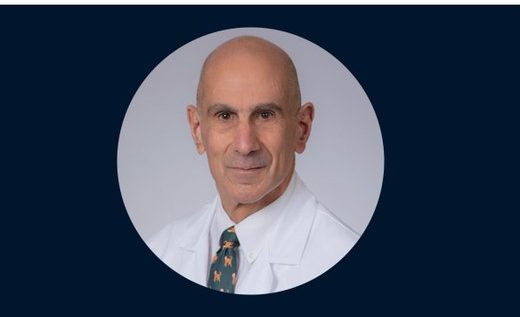Renowned cardiologist Dr. David Brown, a Clinical Professor of Medicine at Keck Medicine of USC, sparks controversy with remarks on Gaza, challenging established narratives and facing scrutiny for historical comparisons.
Who is Dr. David Brown?
In the midst of a heated online debate, Dr. David L. Brown, an esteemed Clinical Professor of Medicine in the Division of Cardiovascular Medicine at Keck Medicine of USC, finds himself at the center of controversy following comments on the Gaza conflict. Notably, his analysis connecting Hamas to Israel’s military response has been debunked by the Washington Post.
Also read | Who is Shaun King? Activist banned by Instagram for pro-Palestine posts
Dr. Brown’s illustrious career in cardiology spans diverse specialties, including general, interventional, and critical care cardiology. Holding a crucial role at Keck Medicine of USC, he has significantly contributed to outcomes research in cardiovascular disease, boasting over 300 abstracts, manuscripts, and book chapters. His influential work, cited more than 8500 times with an h-index of 37, underscores his impact in the field.
The controversy emerged when Dr. Brown questioned the characterization of Hamas and raised ethical questions about Israel’s actions in response to a photo depicting the dire situation in Gaza. The ensuing debate drew attention to his comparison of the US response to Pearl Harbor, with critics arguing oversimplification and supporters praising his willingness to challenge mainstream narratives.
Also read | Who is Dr Aviad Haramati? Georgetown University professor justifies bombing of Al-Shifa hospital by Israel
Beyond his professional accolades, Dr. Brown’s multifaceted life includes playing tennis, learning to play the piano, and caring for his two labradoodles. This adds a personal dimension to the ongoing discourse about the intersection of personal views and professional responsibility.
As discussions intensify, the spotlight on Dr. David Brown highlights the complex dynamics professionals face when engaging in public discourse on sensitive topics. His position as a respected figure in cardiology amplifies the broader questions about the responsibilities associated with one’s professional standing and the potential impact of personal opinions on public perception.







